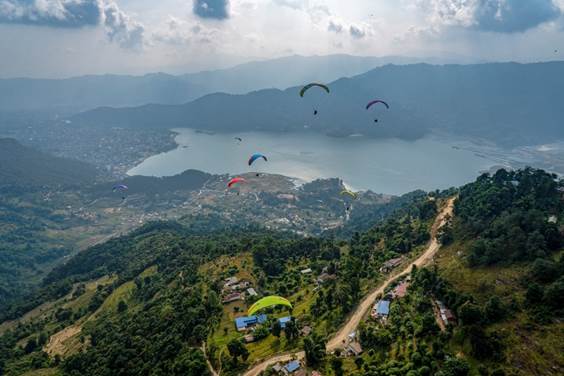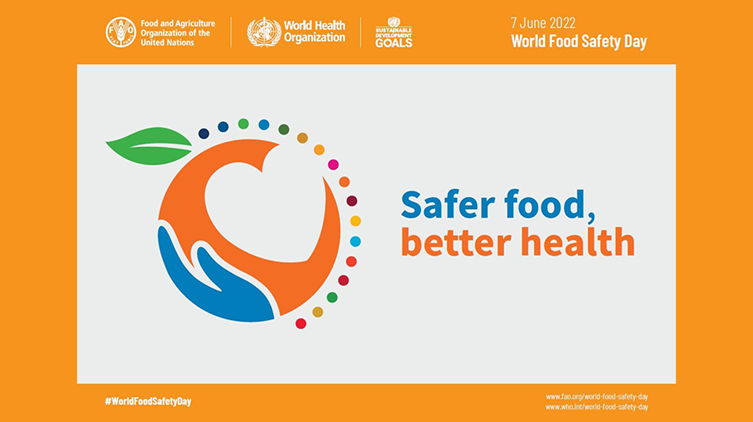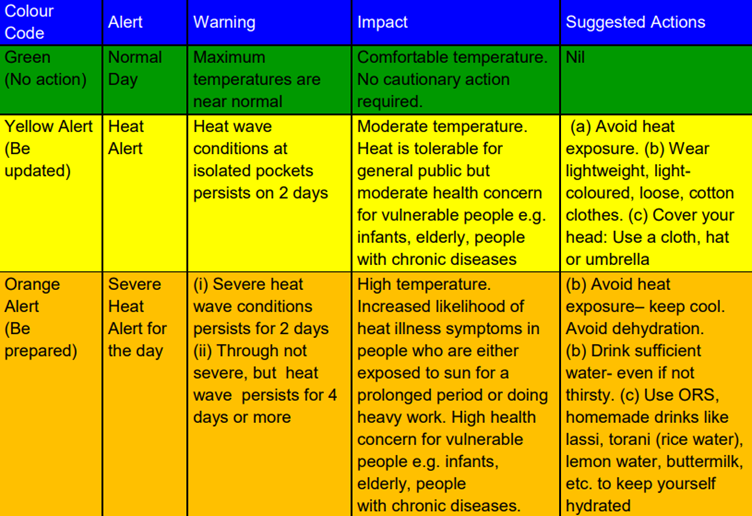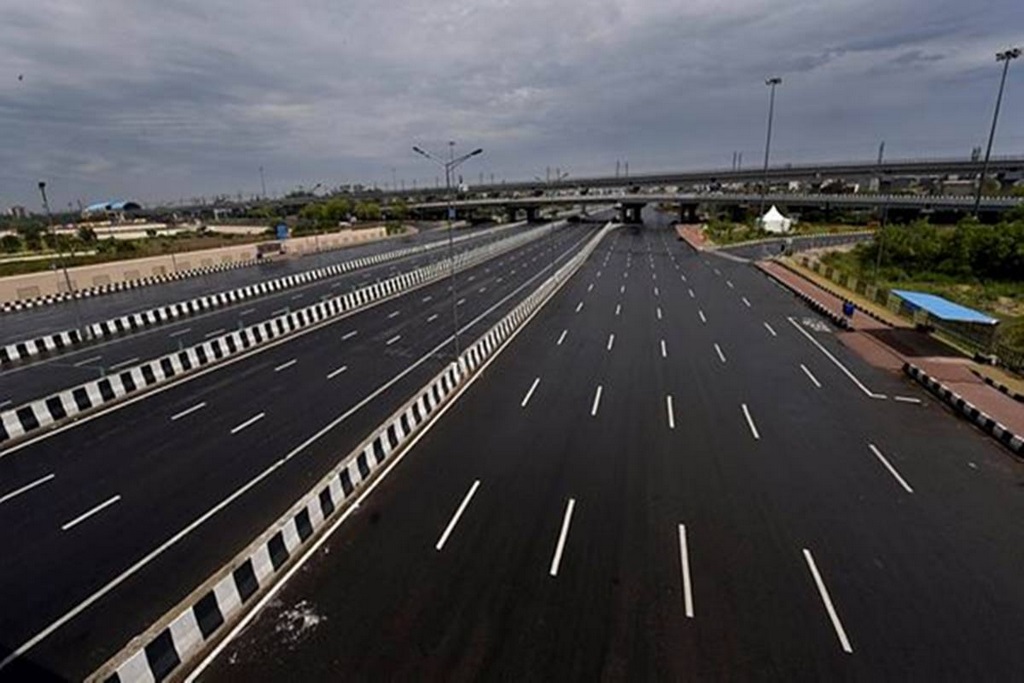Ease of Doing Business

Context
- The Government led by Prime Minister Shri Narendra Modi has completed eight years of ‘Seva, Sushasan and Garib Kalyan’. In these 8 years, various initiatives have been taken among them Ease of Doing Business was one such achievement by the government.
What is ‘Ease of Doing Business?
- Ease of doing business is an index published by the World Bank. It is an aggregate figure that includes different parameters which define the ease of doing business in a country.
- It is computed by aggregating the distance to frontier scores of different economies. The distance to frontier score uses the ‘regulatory best practices for doing business as the parameter and benchmark economies according to that parameter.
- For each of the indicators that form a part of the statistic ‘Ease of doing business,’ a distance to frontier score is computed and all the scores are aggregated. The aggregated score becomes the Ease of doing business index.
- Indicators for which distance to frontier is computed include construction permits, registration, getting credit, tax payment mechanism Countries are ranked as per the index.
INDIA – EASE OF DOING BUSINESS RANKING
- Among the chosen 190 countries, India ranked 63rd in Doing Business 2020: World Bank Report. In 2014, the Government of India launched an ambitious program of regulatory reforms aimed at making it easier to do business in India. The program represents a great deal of effort to create a more business-friendly environment. India as one of the top 10 improvers, for the 3rd time in a row, with an improvement of 67 ranks in 3 years.
- India has emerged as one of the most attractive destinations not only for investments but also for doing business. India jumps 79 positions from 142nd (2014) to 63rd (2019) in 'World Bank's Ease of Doing Business Ranking 2020'.
- To improve the ease of living and the ease of doing business in India, more than 25,000 compliances have been reduced by the GOI. Positive changes have led to this impressive improvement in India’s ranking in the EoDB index. India’s major achievement is summarised here:
- Construction Permits: India’s ranking on this parameter has improved from 184 in 2014 to 27 in 2019. This improvement has been mainly on the account of a decrease in the number of procedures and time taken for obtaining construction permits in India.
- Getting Electricity: India’s ranking on this parameter has improved from 137 in 2014 to 22 in 2019. It takes just 53 days and 4 procedures for a business to get an electricity connection in India.
- Apart from these significant improvements, among the 190 economies, India ranks 13th in Protecting Minority Investors and 25th in Getting Credit.
Central Government Initiatives
Starting a Business
- Permanent Account Number (PAN), Tax Deduction & Collection Account Number (TAN), and Director Identification Number (DIN) have now been merged into a single form (SPICe) for company incorporation.
- Elimination of incorporation fee for companies with an authorised capital of up to Rs. 15 Lakh.
- Five-page form and other attachments for reserving the name of the Company with the Ministry of Corporate Affairs have been simplified into a simple web service with only three fields to be filled.
- Registration under Employee State Insurance Corporation (ESIC) and Employee Provident Fund Organisation (EPFO) is available at Shram Suvidha portal as a common online service with no physical touchpoint.
- No requirement of inspection before registration under the Shops & Establishment Act in Mumbai and Delhi.
- Companies Act was amended to eliminate the requirement of a common company seal.
Dealing with Construction Permits
- Municipal Corporations of Delhi, as well as Municipal Corporation of Greater Mumbai, have introduced fast track approval system for issuing building permits with features such as Common Application Form (CAF), provision of using digital signature and online scrutiny of building plans.
- Delhi has uniform building by-laws which allow for risk-based classification regimes for different building types. It has a provision of deemed approval of sanctioning building plans within 30 days.
- For construction permits, the time was reduced from 128.5 to 98 days in Mumbai and from 157.5 to 113.5 days in Delhi between the Doing Business 2018 and 2020 reports.
- The total number of procedures was reduced to 19 in Mumbai and 11 in Delhi.
- Cost of obtaining construction permits reduced from 23.2% to 5.4% of the economy’s per capita income.
Trading Across Borders
- The Central Board of Excise and Customs (CBEC) has implemented the ‘Indian Customs Single Window Project’ to facilitate trade. Importers and exporters can electronically lodge their Customs clearance documents at a single point. The government has launched ‘PCS1x’ which intends to integrate 27 maritime stakeholders on one platform.
- The number of mandatory documents required for customs purposes, for both import and export of goods, has been reduced to three.
- e-Sanchit, an online application system, allows traders to file all documents electronically.16
- The electronic self-sealing of the container at the factory has reduced time and cost for exporting firms.
- A computerized risk management system has brought transparency and reduced the frequency of custom inspections significantly.
- Central Board of Indirect Taxes and Customs has provided a facility for the Advance Bill of Entry (Advance Import Declaration).
Getting Electricity
- Electricity connection is provided within 7 days if no Right of Way (RoW) is required and within 15 days where RoW is required.
- Service line cum Development charges are now capped at USD 339.84 in Delhi.
- The number of documents required for getting an electricity connection has been reduced to two and no physical documents are accepted.
- The total number of procedures was reduced to 3 in Delhi and 4 in Mumbai.
Resolving Insolvency
- The Insolvency and Bankruptcy Code of 2016 has introduced new dimensions in resolving insolvency in India. It is India’s first comprehensive legislation on corporate insolvency.
- Under Fast-track Corporate Insolvency Resolution Process (CIRP) for mid-sized companies, the process for insolvency shall be completed within 90 days with a maximum grace period of another 45 days.
https://newsonair.gov.in/Spotlight.aspx#

https://t.me/+hJqMV1O0se03Njk9
National Air Sports Policy

Context
- Union Civil Aviation Minister Jyotiraditya Scindia announced first-ever National Air Sports Policy-2022 in New Delhi.
- The objective of this policy is to include India among the top air sporting nations by 2030.
- It is also aimed at providing a safe, affordable and sustainable air sports ecosystem in the country.
About National Air Sports Policy (NASP)
- Air sports, as the name suggests, encompasses various sports activities involving the medium of air. These include sports like air-racing, aerobatics, aeromodelling, hang gliding, paragliding, paramotoring and skydiving etc.
- India has the potential to be among the leading nations in the world of air sports. It has a large geographical expanse, diverse topography and fair-weather conditions. It has a large population, especially the youth. It has a growing culture for adventure sports and aviation.
- Other than the direct revenue from air sports activities, the multiplier benefits in terms of growth of travel, tourism, infrastructure and local employment, especially in hilly areas of the country, are several times greater. The creation of air sports hubs across the country will also bring in air sports professionals and tourists from across the world.
Objectives of NASP 2022
- Promote an air sports culture in the country.
- Adopt international best practices in safety including but not limited to, air sports infrastructure, equipment, operations, maintenance and training.
- Develop India as a preferred global hub for air sports.
- Develop a simple, stakeholder-friendly and effective governance structure.
- Enhance participation and success of Indian sportspersons in global air sports events.
- Promote design, development and manufacturing of air sports equipment in India in line with the Atmanirbhar Bharat Abhiyan.
https://newsonair.gov.in/News?title=Union-Civil-Aviation-Minister-Jyotiraditya-Scindia-announces-first-ever-National-Air-Sports-Policy-2022&id=442270

https://t.me/+hJqMV1O0se03Njk9
World Food Safety Day

Context
- On the occasion of World Food Safety Day, Union Health Minister Mansukh Mandaviya launched the logo for 'Ayurveda Aahar'.

Ayush Aahar
- AYUSH is an acronym for Ayurveda, Yoga and Naturopathy, Unani, Siddha, and Homeopathy which are the six indigenous systems of medicine practised in India.
- On the other hand, Aahar here means that food is prepared in accordance with the recipes or ingredients and/or processes as per methods described in the authoritative books of Ayurveda.
- The Ayush Ministry is promoting an Ayush-based diet and lifestyle and is working in convergence with the Ministry of women and child development in the Poshan Abhiyaan (nutrition campaign) to realize the ultimate goal of "Suposhit Bharat" (nourished India).
World Food Safety Day
- The World celebrates Food Safety Day on June 7 every year to raise concerns about degrading food quality and motivate response to identify, avoid or manage potential foodborne hazards.
- This day is celebrated to raise awareness about the importance of food safety and to encourage people to take action to improve their food security.
- In 2018, the UN General Assembly designated June 7 as World Food Safety Day. The event was facilitated by the WHO and the Food and Agriculture Organization of the UN. The World Health Assembly issued a resolution in 2020 to boost global food safety measures to alleviate the burden of foodborne disease.
- The WHO announced the theme of this year’s World Food Safety Day, “Safer Food, Better Health”.
https://newsonair.gov.in/News?title=Union-Health-Minister-Mansukh-Mandaviya-launches-logo-for-%26%2339%3bAyurveda-Aahar-on-occasion-of-World-Food-Safety-Day&id=442266

https://t.me/+hJqMV1O0se03Njk9
Heatwaves

Context
- India Meteorological Department (IMD) has issued an orange alert for some of the Northern parts of the country over the heatwave condition.
Heatwaves
- Qualitatively, a heat wave is a condition of air temperature which becomes fatal to the human body when exposed. Quantitatively, it is defined based on the temperature thresholds over a region in terms of actual temperature or its departure from normal. In certain countries, it is defined in terms of the heat index based on temperature and humidity or based on the extreme percentile of the temperatures.
- Heatwave has considered if the maximum temperature of a station reaches at least 40 degrees celsius or more for Plains and at least 30 degrees celsius or more for Hilly regions.
- It is occurring mainly from March to June and in some rare cases even in July. The peak month of the heat wave over India in May.
- Heatwave generally occurs over plains of northwest India, Central, East & north Peninsular India from March to June.
- India Meteorological Department issues following colour code impact-based heat warning jointly with National Disaster Management Authority.

Indian Meteorological Department (IMD)
- India Meteorological Department was established in 1875. It is the National Meteorological Service of the country and the principal government agency in all matters relating to meteorology and allied subjects.
- To take meteorological observations and to provide current and forecast meteorological information for optimum operation of weather-sensitive activities like agriculture, irrigation, shipping, aviation, offshore oil explorations, etc.
- To warn against severe weather phenomena like tropical cyclones, norwesters, dust storms, heavy rains and snow, cold and heat waves, etc., which destroy life and property.
- To provide meteorological statistics required for agriculture, water resource management, industries, oil exploration and other nation-building activities.
- To conduct and promote research in meteorology and allied disciplines.
https://newsonair.gov.in/News?title=IMD-issues-orange-alert-for-severe-heatwave-across-Northern-India&id=442247

https://t.me/+hJqMV1O0se03Njk9
Biotech Startup Expo – 2022

Context
- Prime Minister Narendra Modi will inaugurate the Biotech Startup Expo - 2022 at Pragati Maidan in New Delhi.
Biotech Startup Expo – 2022
- The Biotech Startup Expo – 2022 is a two-day event being held on the 9th and 10th of June.
- It is being organised by the Department of Biotechnology and Biotechnology Industry Research Assistance Council (BIRAC).
- It is being held to mark the completion of ten years of setting up of BIRAC. The theme of the Expo is ‘Biotech Startup Innovations: Towards AatmaNirbhar Bharat’.
- The Expo will act as a platform to connect entrepreneurs, investors, industry leaders, scientists, researchers, bio-incubators, manufacturers, regulators, government officials, etc.
- About 300 stalls will be set up at the Expo, which will showcase the applications of biotechnology in various fields such as healthcare, genomics, biopharma, agriculture, industrial biotechnology, waste-to-value, and clean energy, among others.
https://newsonair.gov.in/News?title=Prime-Minister-to-inaugurate-Biotech-Startup-Expo---2022-in-New-Delhi-on-Thursday&id=442294

https://t.me/+hJqMV1O0se03Njk9
National Highway Projects

Context
- Union Minister for Road Transport and Highways Nitin Gadkari inaugurated and laid foundation stones of 15 National Highway projects in Patna and Hajipur in Bihar with a total cost of Rs.13,585 crore.
National Highways
- This Ministry is primarily responsible for the development and maintenance of National Highways (NH). The Ministry keeps on receiving proposals from various State Governments/Union Territories (UTs) for the declaration of State roads as new National Highways (NH). The Ministry considers the declaration of some State roads as new NHs from time to time based on the requirement of connectivity, inter-se priority and availability of funds.
- The declaration of State roads as new NHs is considered based on well-established principles; the criteria for State roads for declaration as new NHs include roads running through the length/breadth of the country, and connecting adjacent countries.
https://newsonair.gov.in/News?title=Union-Minister-Nitin-Gadkari-inaugurates-and-lays-foundation-stones-of-15-National-Highway-projects-in-Patna-and-Hajipur-in-Bihar&id=442293

https://t.me/+hJqMV1O0se03Njk9

















